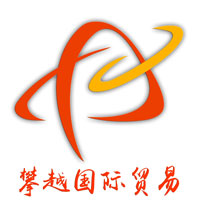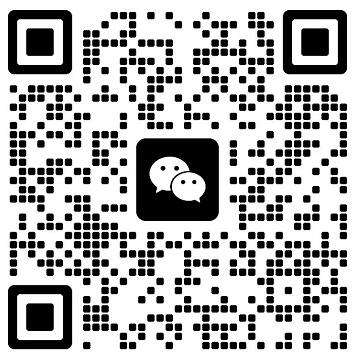Used Coating Production Lines Customs Clearance Service (Importing into China)
With the acceleration of industrial upgrading, many enterprises choose to import high-quality used coating production lines to optimize their production processes and reduce costs. However, the import of used mechanical and electrical equipment involves complex compliance procedures and regulatory requirements. Panyue International Trade (Guangzhou) Co., Ltd., with over a decade of experience in import customs clearance, provides one-stop professional import services for used coating production lines, helping enterprises navigate through formalities efficiently and avoid compliance risks.
If an enterprise does not have import rights, it cannot import goods in its own name. Panyue International Trade (Guangzhou) Co., Ltd. holds valid import and export rights and can act as an agent for such enterprises to complete the import process.
Enterprises need to pay special attention to a key point regarding foreign exchange management: in accordance with specific policies of the foreign exchange authority, the entity that declares the import must be the same entity that makes the foreign exchange payment. This means that if an enterprise without import rights entrusts an agency to import, it must first transfer the payment to the agency's account, and then the agency will make the foreign exchange remittance. With more than 10 years of experience in import and export customs clearance, Panyue International Trade has a standardized and complete agency process, ensuring clients can cooperate with us with confidence.
It is necessary to identify the correct customs code (HS code) for the used coating production line. The customs code determines the regulatory conditions for the equipment, and all subsequent import procedures (including the calculation of customs duties and taxes) are carried out based on this code. Accurate confirmation of the customs code is the foundation of smooth import operations.
This step marks the official start of the import process for used mechanical and electrical equipment. The full name of the registration document is Registration Certificate for Pre-shipment Inspection of Imported Used Mechanical and Electrical Products.
-
For ordinary used mechanical and electrical products, registration can be completed at the provincial level entry-exit inspection and quarantine bureau.
-
For key used mechanical and electrical products, registration must be handled in Beijing (at the national-level regulatory authority).
PSI is conducted after registration because the Registration Certificate is required during the PSI process. Currently, there are four designated PSI agencies for China overseas, located in the United States, the Netherlands, Japan, and Hong Kong (China). We recommend enterprises ship their goods to Hong Kong (China) for PSI, for the following reasons:
-
Reason 1: Goods destined for the Chinese mainland typically pass through Hong Kong (China) during transportation, which avoids additional transshipment procedures.
-
Reason 2: Hong Kong (China) is geographically close to the Chinese mainland. If any issues arise during the PSI process, they can be resolved promptly on-site, ensuring the smooth completion of the inspection.
The requirement for an "O" License (officially named Import License for Used Mechanical and Electrical Products) is determined by the customs code of the goods. If the regulatory conditions corresponding to the customs code include "O", the enterprise must apply for this license; otherwise, it is not required.
For used coating production lines, the entry-exit inspection and quarantine bureau (CIQ) will definitely conduct an on-site inspection, which involves unpacking the container to examine the goods. After passing the inspection, CIQ will issue a Customs Clearance Certificate for Commodity Inspection.
Customs declaration involves two key issues: tax calculation and customs valuation. Many enterprises are concerned that the customs may appraise the goods at a higher value than the actual transaction price. This concern is understandable, but enterprises can be assured that the customs will not arbitrarily appraise the value of individual shipments at an inflated rate. The customs valuation is based on objective criteria such as the actual transaction price, market prices of similar goods, and relevant transaction documents.
After the enterprise pays the required customs duties and taxes, the customs will issue a release notice. The enterprise can then proceed to pick up the goods from the designated warehouse and complete the entire import process.



 One-on-One Service
One-on-One Service Fast Processing Cycle
Fast Processing Cycle Twenty Years of Import & Export Experience
Twenty Years of Import & Export Experience A Large Number of Successful Cases
A Large Number of Successful Cases
 Online Consultation
Online Consultation